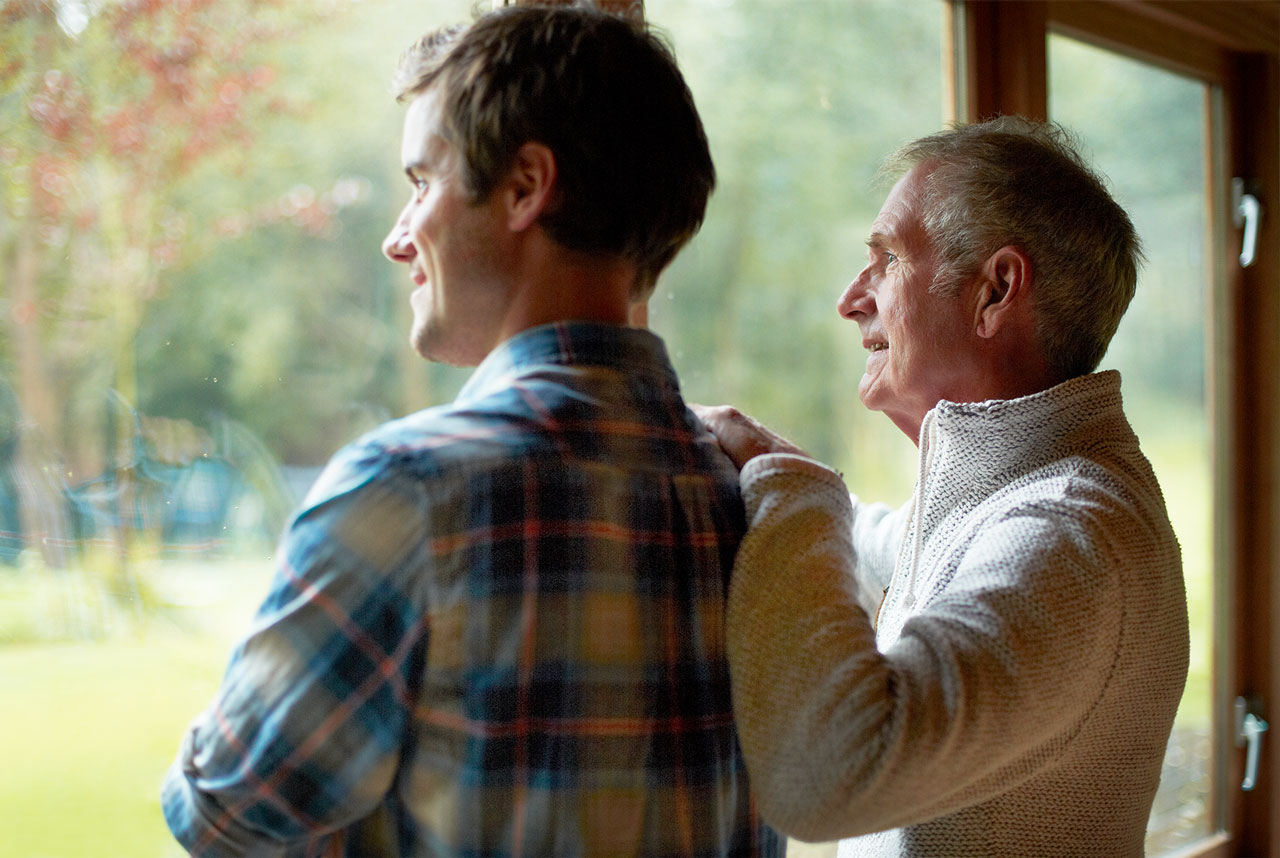“Trauma can have a profound impact on our personality and the way we experience our emotions, from how we manage and tolerate anger to how we experience excitement. The link trauma has to our emotions is often why we see it go hand in hand with addictive behaviors,” says Peter Maclearie, MSW, LCSW, Clinical Manager for Adult Services at the Eatontown location of Penn Medicine Princeton House Behavioral Health.
Passing Trauma from Generation to Generation
While in some cases the origin of trauma may be obvious, in other instances the source may seem unclear. In fact, according to Maclearie, it may stem from something called intergenerational trauma, where a caregiver or parent experienced trauma, and behaviors related to that trauma were then passed down to the next generation.
“The jury is still out on exactly how and why this happens, but both nature (genetics) and nurture (environment) seem to play a part,” says Maclearie. “For example, parents model survival strategies to their children, especially in regard to how they handle stressful emotions. For some children, growing up in a household with parents who use substances can mal-adaptively model that as a way of managing life stress. Additionally, children who grow up in a home with caregivers who have active post-traumatic stress disorder symptoms can often develop anxiety as a way to mitigate setting off their caregiver’s trauma response.”
Anyone who seeks inpatient or outpatient treatment at Princeton House is screened for trauma as part of the admissions process. Through individual and group therapy, as well as medication if needed to help manage symptoms, individuals dealing with trauma learn to identify and understand its impact on their lives and develop new coping skills.
“The goal is to help them understand trauma’s impact on their behavior and stop its progression to the next generation,” says Maclearie. “It is a process that can be stopped once it is understood and treated.”
|
SIGNS OF PSYCHOLOGICAL TRAUMA
|
To find out more about Princeton House Behavioral Health mental health and addiction services, call 888.437.1610 or visit www.princetonhouse.org.
Article as seen in the November/December 2020 issue of Princeton Health.



